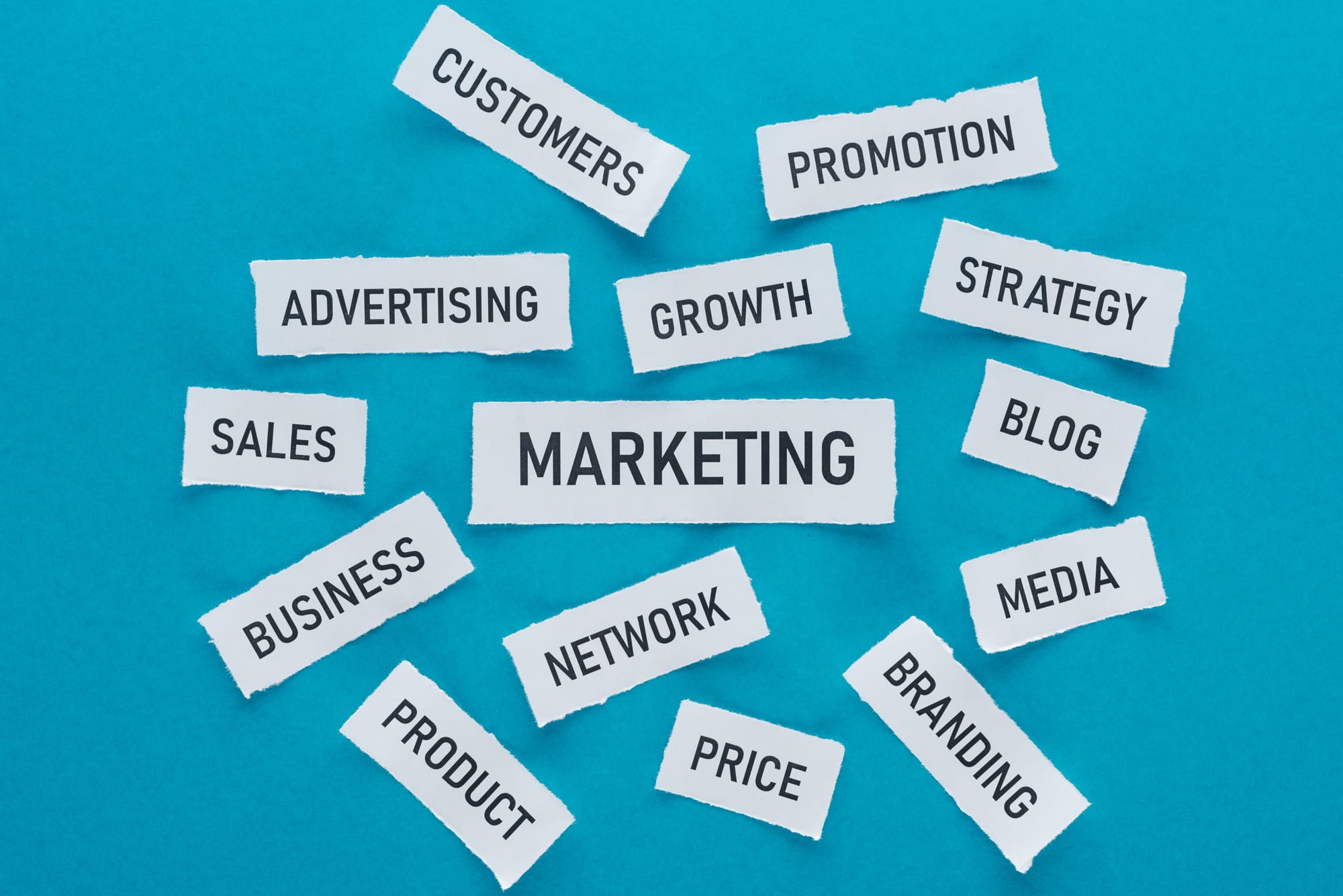Events remain one of the most powerful marketing tools for businesses looking to build brand awareness, engage their audience and drive tangible results. However, with budgets under scrutiny and decision-makers demanding measurable ROI, event planners must ensure that their events are not just justifiable, but truly valuable.
Why Are Events Still Crucial for Marketing in 2026?
The event marketing industry is projected to reach $36.3 billion by 2026, proving that experiences continue to hold their ground as one of the most impactful channels in a marketer’s toolkit.
As digital ad costs rise and consumers tune out from screens, events bridge the gap between digital noise and real-world connection.
"Marketing has to be more than just words and pictures on a screen. The most successful brands create real-world moments that foster trust and loyalty. Events bridge the gap between digital marketing and authentic brand interactions." – Alistair Turner
According to the 2026 Global Meetings & Events Forecast by Amex GBT, 85% of event professionals are optimistic about the sector, with in-person gatherings now firmly the norm. Their top priority for the second year running.

The Shift to Value-Driven Events
In 2026, quality trumps quantity. Brands are moving away from multiple large activations to fewer, high-impact experiences that deliver measurable business, social and environmental value. Doing more with less continues to be key.
Key Shifts:
- Community over campaigns: Events now act as long-term community touchpoints, building loyalty that outlives the day itself (Smart Insights).
- Sustainability as standard: 40% of attendees expect visible sustainability measures, such as reduced plastics and local sourcing (Amex GBT 2026 Forecast; Event Marketer).
- Inclusion as innovation: Accessibility, representation and belonging define modern experiences, not as extras, but as essentials (The Concierge Club).
Key Considerations for 2026:
Budgets: Smarter Spend, Bigger Impact
Budgets are rising but so are costs... 71% of event professionals expect price increases in 2026 (Amex GBT). The focus is shifting to doing more with strategic efficiency rather than less.
Planners are turning to:
- AI-powered sourcing platforms (like Hire Space 360) to find sustainable venues and negotiate smarter.
- Flexible sponsorship models to unlock shared investment.
- Modular design and reusability to reduce waste and costs.
Measuring Success: Beyond Attendance
In 2026, success isn’t about headcount, it’s about Return on Experience (ROE) and Return on Relationships (ROR).
The Amex GBT 2026 Forecast highlights a growing move from financial ROI to experiential ROI: measuring emotional impact, engagement and loyalty.
Ask yourself:
- How did the event strengthen relationships or advocacy?
- What data or insights can inform future marketing campaigns?
- How are we sustaining engagement post-event through CRM, content and community?
“Companies are now evaluating events across three key metrics: ROI, carbon impact and ROE — asking whether experiences deliver on emotional and strategic goals.” – Amex GBT 2026 Global Forecast
AI & Data: Turning Insight Into Action
AI is transforming how marketers plan, personalise and measure events. Half of professionals surveyed by Amex GBT plan to use generative AI for agenda building and content creation, while 40% will deliver AI-powered event apps with smart matchmaking and personalised itineraries.
Platforms like Hire Space 360 make it possible to centralise planning, contracts and event data, connecting teams seamlessly to track performance and prove ROI.
Gartner predicts that by 2026, 80% of marketers will abandon manual personalisation efforts due to poor ROI, not because of data scarcity, but because insights weren’t actionable. That’s why AI’s greatest power lies not in collection, but in conversion — turning insights into impact.
Be sure to check out our blog series in collaboration with MeetEngland on ‘How to utilise AI in events’.
Sustainability & Inclusion: Non-Negotiable Values
Sustainability is now the baseline expectation, not a brand differentiator.
- 38% of organisations have implemented sustainable meeting policies (Amex GBT).
- One in three prioritise inclusive communications and accessible experiences.
Circular design, waste avoidance and social impact activities — such as community partnerships or wellness integration — are now integral to event storytelling and attendee satisfaction.
“Sustainability is a business and social imperative, but it’s also personal. It drives loyalty and inspires engagement.” – Eloísa Urrutia, Head of Sustainability, Amex GBT Meetings & Events
For more on sustainability, head to our Sustainability Hub.
The Challenge of Measuring ROI
Even with AI and analytics, measuring ROI remains complex. One of the biggest barriers to proving the effectiveness of events is measurement. Many marketers still struggle to demonstrate how an event directly impacts their business goals, making it difficult to justify budgets and secure future investments.
To overcome this, event planners must move beyond basic metrics like attendance figures and instead adopt a multi-layered approach to ROI tracking, combining data from multiple sources:
- Lead generation & conversion: Direct pipeline influence, new partnerships or sales generated.
- Post-event engagement: Interactions with content, email or social media.
- Community impact: Growth of long-term networks or membership programs.
- Employee & stakeholder alignment: Measurable improvements in culture or collaboration.
- Sustainability performance: Carbon reduction or inclusion metrics.
According to ConnectSpace, organisations using modern event management systems report 22% higher satisfaction rates than those relying on manual tools, proving that data-backed measurement isn’t just possible, it’s profitable.
How Can Planners Do More With Less?
With economic uncertainty and budget restrictions, businesses need to be smarter about their event investments. Here is how planners can maximise impact while minimising costs:
Leverage Content Year-Round: Events should not be one-off moments. Repurpose event footage, speaker insights and attendee testimonials into post-event content to engage your audience far beyond the event date.
Go Phygital: Blend physical experiences with digital touchpoints, but make it purposeful. Use hybrid components for reach, not redundancy
Collaborate Strategically: Co-create experiences with sponsors, media or aligned brands. Shared goals = shared costs and amplified visibility.
Optimise Venue Selection: Using Hire Space 360, planners can find the best-value venues, compare costs and handle all bookings in one place—saving both time and budget and leaving an impression that lasts.

The Future of Events in Your Marketing Strategy
As we look to 2026 and beyond, events aren’t just about gathering people, they’re about building ecosystems of engagement that support your marketing goals all year long
As we move into 2026, ask yourself:
- Are our events feeding a wider community strategy?
- Do our tech tools turn insights into action and ROI?
- Are we designing for inclusivity, sustainability and purpose?
- Are we measuring long-term relationships, not just leads?
The companies that will thrive in 2026 will be those that view events not as one-off activations, but as continuous, data-driven engines of marketing, trust and transformation.
Unlock the Power of Hire Space 360
For more insights on maximising event impact and finding the perfect venue solutions, explore Hire Space 360.
Find out more
Author

Gemma Baker
Gemma loves all things social media and keeps busy by creating lots of Hire Space content. When she’s not creating content, you'll find her shopping, exploring or at the gym!


